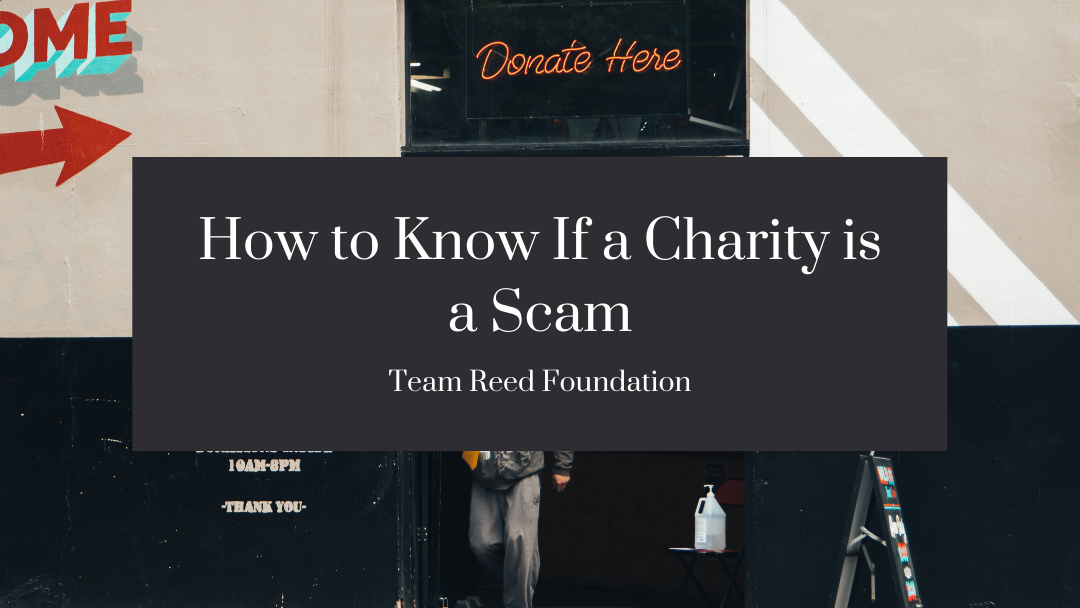People choose to donate because they want to make a difference in the world. According to Giving USA Foundation’s annual report, Americans donated over $471 billion to charities throughout 2020.
Those numbers prove that people are willing to support others, even during the worst of times. However, it is more important than ever to make sure that our funds are helping those in need. There are far too many unethical people posing as charities out in the world, and here is some advice on separating the good from the bad.
Red Flags
When looking to donate to a charity or nonprofit organization, there are several red flags to watch out for. These flags will help identify potential scammers hiding among legitimate organizations.
These warning signs include putting too much pressure to donate on the spot – most charities understand that people need to budget their donations and are more than happy to wait. Other red flags include thank you notes for contributions never sent, demands cash donations, and failure to provide tax information (especially following a gift).
Other Ways to Check
If you’re still uncertain about the legitimacy of a charity, there are other ways to check. These days, one option should constantly be checking out the charity’s website. If they’re supposedly a larger organization and don’t have a website, there’s likely something going on.
Charity websites are fantastic in that they should clarify their goals, how money is received and spent, and explain how much of every donation goes towards their cause (versus upkeep).
If you’re still uncertain at this point, the next step would be to see if the charity is registered. Many states out there require charities to register before starting collection donations (or receiving a tax exemption). So check your state’s charity regulator if you have any concerns.
Additional Resources
Thankfully, there are several organizations out there with the sole purpose of helping people discover the authenticity of charities. Organizations such as CharityWatch, Charity Navigator, and BBB Wise Giving Alliance all maintain lists of charities. They can quickly tell a potential donor whether their money will be going to the right place – or if they’re at risk of being scammed.

